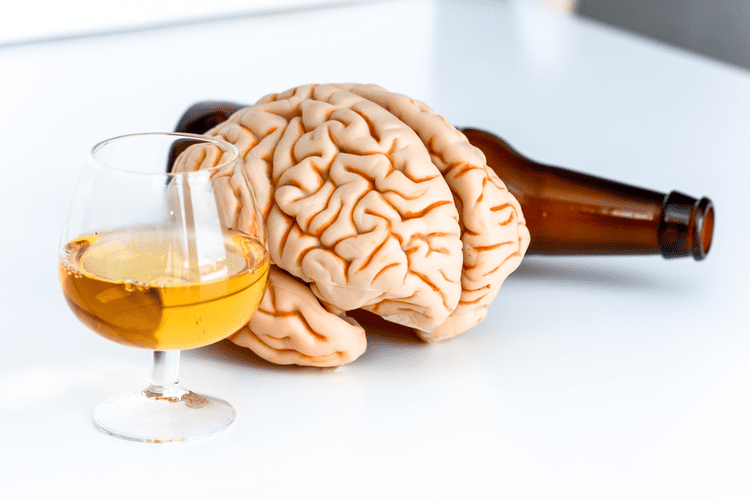Vanderburgh House Mortgage Services: Homebuyer & Real Estate Experts
Erik brings a special interest in the substance use disorder field. With a deeply held belief that long-term recovery is both life-saving and attainable for our clients, Erik will bring his compassion and dedication to bear in this role. Erik brings significant experience in human services, non-profit management, and general legal practice to Vanderburgh House.
BA JD, Executive Director
They treat those suffering from addiction to illegal opioids like heroin, as well as prescription drugs like oxycodone. These centers typically combine both physical as well as mental and emotional support to help stop addiction. Physical support often includes medical detox and subsequent medical support (including medication), and mental support includes in-depth therapy to address the underlying causes of addiction. Addiction is a highly complex problem, and drug rehab in Massachusetts is often necessary to address it. These programs treat physical, mental, and relational issues that are involved. Treatment empowers individuals to manage these issues without the use of drugs.
Program for women
Please do not use names (job titles / Vanderburgh House positions are acceptable) of any individual or identifying features, abusive remarks, or allegations of negligence or criminal activity. Like any other places there are some that can be very strict(it s for your own good), and remember not to give up.
- These centers typically combine both physical as well as mental and emotional support to help stop addiction.
- Mary-Kate believes in a holistic approach towards helping clients achieve long-term sobriety, and is thrilled to continue on her path in working in recovery with the Granada team.
- Opioid rehabs specialize in supporting those recovering from opioid addiction.
- Many clients enroll in drug rehab immediately after completing intensive inpatient or residential care.
- Substance rehabs focus on helping individuals recover from substance abuse, including alcohol and drug addiction (both illegal and prescription drugs).
Levels of Care
Most recently, Erik served at a residential program for persons with developmental disability, advancing that program’s quality of service and professionalism over the course of years. Having worked intermittently in human services since 2003, Erik has a proven record of commitment to upholding client rights, dignity; and furthering service coordination and support. Ky has a passion for helping others through an objective and direct approach. They believe having a stable living environment is vital to early sobriety. Ky helps create a welcoming environment here at Vanderburgh House through their intake process and making sure each resident feels seen and welcomed. Joe has also been involved in many substance abuse treatment related organizations in the community.
Couples Therapy
Those with poor social support, poor motivation, or psychiatric disorders tend to relapse within a few years of treatment. For these people, success is measured by longer periods of abstinence, reduced use of alcohol, better health, and improved social functioning. Recovery and Maintenance are usually based on 12 step programs and AA meetings. Therapists in Massachusetts offer individual therapy in a confidential setting to help you explore the complex factors that have contributed to your drug addiction.
There is a moment when a person decides that they, too, are ready to live a truly productive life. When they are willing to move beyond what they’ve known to a life in which they can act with confidence, live with assurance, dream of the road that lies ahead. Reviews comments must comply with our Review Policy Content Standards.
First, the therapist offers empathy for the client’s feelings and experiences. Second, they encourage the client to believe in themselves and their ability to change. Lastly, the therapist helps the client identify discrepancies in their circumstances and future goals. He makes sure everyone is comforted during their counseling sessions.


